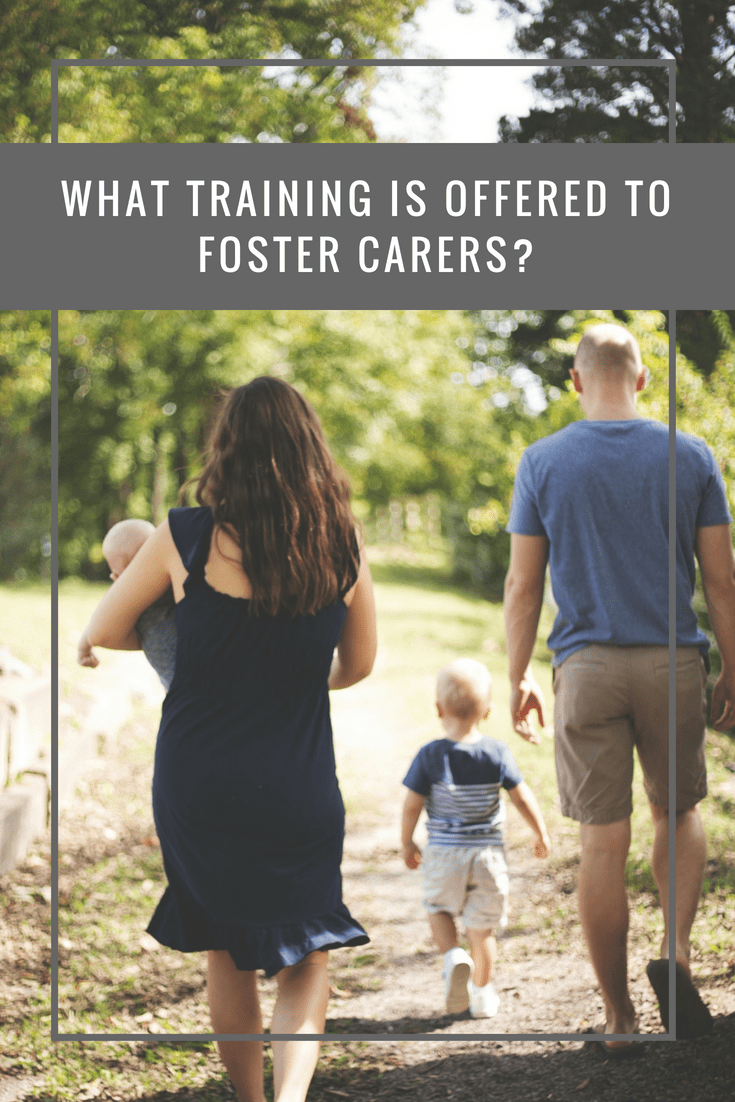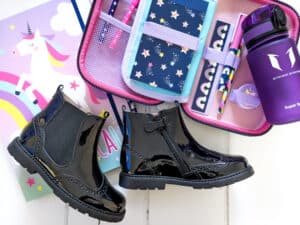Foster carers are skilled people, something that is gained from training opportunities offered by the fostering agency they choose to work with. The training covers a range of topics, in an effort to help foster carers provide the safe, stable and nurturing home that a traumatised child needs. But what does foster training ‘look’ like?
The face of fostering has changed over the years. It was once an informal arrangement between parents and people who looked after their children, with the state having little if any, input. Recognising that there were issues in how safe some children were, fostering was formalised and over the years, being a foster carer became not only a vocation but a profession as well. People from all walks of life foster, offering different kinds of placement and in different areas of the country. But to offer the type of fostering that a child needs to grow, foster carers must be trained.
There are many ways that foster carers are trained and supported to offer the placement that a child needs.

Initial foster carer training
No one new to fostering will welcome their first placement of foster children or a child without undergoing initial foster care training.
This is part and parcel of the foster carer assessment process. Usually held over a weekend, the foster training programme examines many of the common issues that foster carers may deal with.
For example, how to work positively with the birth family and how to manage behaviour that can be challenging and disruptive.
Ongoing training
Many foster agencies, FCA Scotland included, will offer a programme of continuous professional development for foster carers, should they wish to pursue training further.
As an agency, they offer the opportunity to study for formal qualifications too, such as SVQ 3 Social Services (Children & Young People) SCQ F Level 7.
Formal qualifications for foster carers are becoming increasingly commonplace, the benefits of which are increasingly obvious. Foster children can be traumatised by incidents in their early years, and by having a swathe of qualified, trained and experienced foster carers, many of these issues can be worked on so that in adulthood, the cycle of poor parenting etc. is broken.
Topic-based training courses are also on offer. They can include skill-based courses such as first aid or safer caring, for example.
There are also courses that examine therapeutic approaches in fostering, including attachment and child development, understanding safe harm as well as promotion positive communication and contact.
Specialist training
It is also common for an experienced foster carer to offer specialist placements for foster children with specific and intense needs.
The training in this instance is far more in-depth. Coupled with their previous fostering experience, these foster parents offer safe homes for children and young people dealing with specific and sometimes very complex issues.
For example, complex, challenging behaviour is one example, or maybe a foster carer will work with young parents and their child. There are also some children, so deeply traumatised by abuse and neglect, that attachment disorder they exhibit is severe.
Part of the foster carer support package
Many fostering agencies will use training as a branch of a comprehensive support package. For example, offering weekly training and support sessions combined ensure social workers and foster carers are able to discuss issues as they arise – and deal with them promptly, but in the right way too.
Being a foster carer
It takes commitment, a positive outlook, heaps of patience and plenty of love but foster carer all across Scotland are making a difference to a child or young person’s life. Why not take a closer look? What can you offer a child in care?

FCA Scotland is currently recruiting foster carers across Scotland. Offering an enviable range of training opportunities, get in touch today.
Photo Credit: Vadim Fomenok Julie Johnson































No Comments